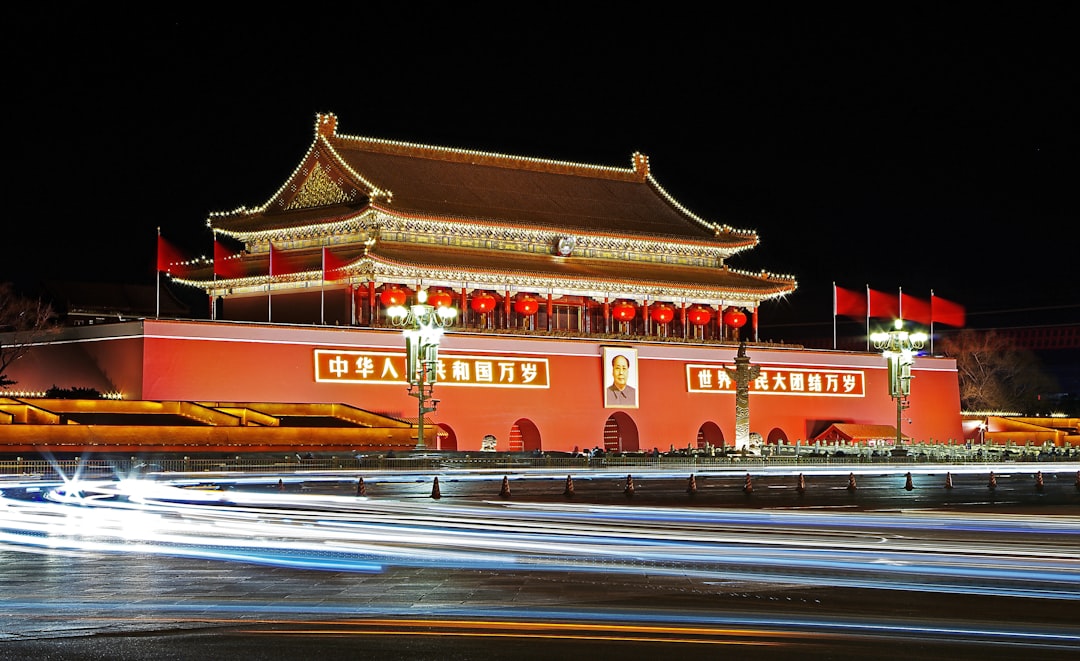What is it about?
Aristotle understood political regimes in a way that is superior to modern democratic theories in multiple ways. One advantage of his theory is that it admits that a political regimes is rather a delicate balance of conflicting societal, institutional and ideational factors than a coherent set of values and norms. Another is that Aristotle thinks that there are more than one kind of normative questions about political questions we might want to answer. This makes his regime theory a perfect candidate for a starting point for a realist regime theory which we still lack.
Featured Image

Photo by Jon Tyson on Unsplash
Why is it important?
We need a realist approach to regime theory because modern democratic theories feed on a somewhat misleading belief that liberal democracy is the "only game in town" or it least it should be while in reality people live in regime types of wide variety and the prospects of the global dominance of liberal democracy are not particularly promising. Empirical political science is much more eager to cope with this real-life diversity of regime types, but even comparative political scientists have serious difficulties with drawing the right conclusions from this state of affairs as their models use liberal democracy as the main point of reference. Classical regime theories (of which Aristotle's regime theory was one of the most widely-known for centuries) were originally designed to capture a reality of the co-existence of multiple regime types and therefore they still can offer us important insights about how to deal with the conceptual and normative problems raised by a world of multiple regime types in which we actually live.
Perspectives
This has been my most important publication to date. It was a great pleasure to write this essay as I was always a big fan of Aristotle and I have always felt that his writings are still relevant to us in multiple ways. I am also convinced that contemporary realist theory can profit much from a dialogue with some of the great thinkers of the past. There are some promising examples in the literature, but there is much more to be done.
Zoltán Gábor Szűcs
Centre for Social Sciences, Hungarian Academy of Sciences
Read the Original
This page is a summary of: Aristotle’s realist regime theory, European Journal of Political Theory, October 2018, SAGE Publications,
DOI: 10.1177/1474885118806087.
You can read the full text:
Resources
Contributors
The following have contributed to this page










